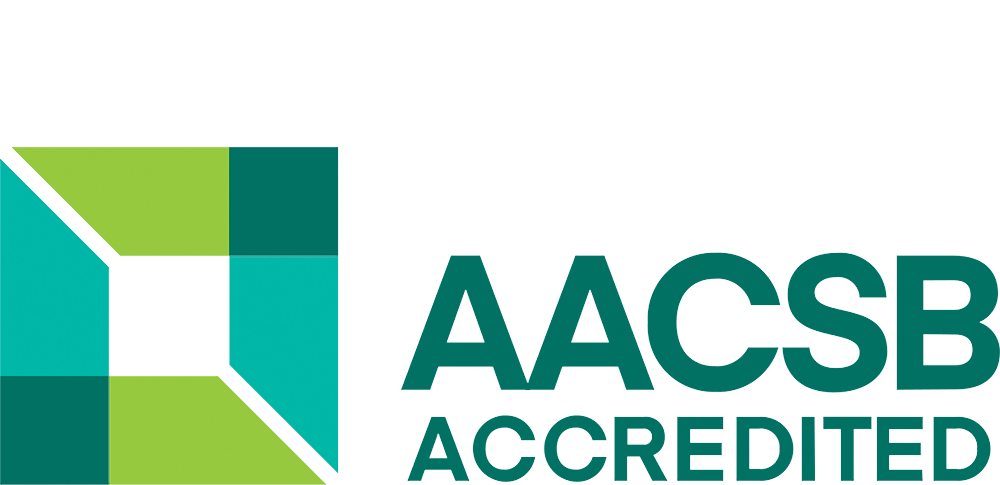
30 Jan 2023
Our online business school's courses
With over 55 years of experience, IPAG has been offering distance learning since September 2021.
Read the article


30 Jan 2023

Etudiants & apprenants
Métiers
Since the rise of e-commerce, the logistics sector has been recruiting massively. With numerous job offers, companies in this sector of activity are looking to recruit profiles from all horizons, both in terms of graduates and generations. IPAG offers training courses that address or focus on logistics. Discover with our business school the studies, skills and missions related to the profession of logistics assistant.
The logistics assistant, also known as logistics officer or logistics manager, assists the logistics manager in managing the company's flow of goods. From preparation to delivery, via coordination, he or she ensures that the various stages of the logistics process run smoothly. This professional will ensure that orders are received and delivered to the customer within the required timeframe.
The position of logistics assistant involves various and varied tasks which require the person to be a coordinator, supervisor and negotiator. In support of the logistics manager, this professional is present at all stages of goods receipt and dispatch to supervise the preparation and packaging chain.
Within logistics platforms, the logistics assistant supervises the receipt and dispatch of parcel flows and controls the procedures for the entry and exit of products in the storage area. To ensure timely deliveries, they monitor the actual state of stocks, ensure that they are properly managed, prepare the necessary transport authorisations and monitor any disputes. This type of job also involves sourcing suppliers with the right mode of transport and carrier while analysing the proposed costs.
Depending on the level of responsibility, the Logistics Assistant may be required to draw up team schedules or carry out on-site checks, such as inspecting warehouses, safety devices and compliance with safety standards. The logistics assistant has an all-round profile which enables him/her to draw up reports and propose logistics optimisation solutions to his/her management.
They also work in collaboration with the transport department, the purchasing department, the supply department, the production department, the sales team and any other collaborators involved in the process in order to optimise the logistics chain.
To become a logistics assistant, recruiters prefer a diploma with 2 to 3 years of higher education. There are several possible courses of study such as BTS, professional degree or even Bachelor's degree to acquire skills and specialise in the field of logistics. If the student's ambition is to become a logistics manager, it is recommended that he or she continue his or her studies towards a degree at Bac+5 level.
To train you in this field of activity, our IPAG business school in Paris offers a professional training programme, the Bachelor bac +3. This programme allows students to move into a field of expertise and to develop their skills in international trade, international transport law, import-export or supply chain management.
If you wish to take up positions of high responsibility as soon as you graduate, you have the possibility of joining IPAG's master's degree in supply chain. This course trains future logistics professionals for a career in France or abroad. It enables students to specialise and to be able to manage a supply chain on a global scale, a purchasing strategy on the international market and to propose solutions for optimising flow management.
As in any profession, many factors such as the level of education, the number of years of experience, the size or the location of the company will have an impact on the salary level of a logistics assistant.
On leaving school, a young graduate starts his or her career with a salary of between €1 800 and €2 000. After several years of experience, the logistics assistant is generally given more responsibility and his or her salary becomes more attractive. An experienced logistics assistant can expect to earn a monthly salary of between €2 000 and €2 400. Over the course of his or her career, his or her salary can reach an average of between €2 600 and €3 000 for an experienced profile.
After years of experience, the logistics assistant can naturally evolve towards a position of logistics manager to gain autonomy, managerial responsibilities and salary expectations.
His or her professional development can also take place through a specialisation in the field of logistics such as international transport, warehousing solutions, chartering, dispute management or consulting.
Are you considering a career with an international group? Find out more about the international trade professions, which are nowadays focused on finance, logistics, law and marketing.

30 Jan 2023
With over 55 years of experience, IPAG has been offering distance learning since September 2021.
Read the article

13 Jun 2023
What is the key to a successful corporate strategy? While there are a number of success factors, proper sharing of information and exchange of data between a company's various employees and teams are decisive factors in its successful development.
Read the article

29 Jun 2022
BTS, BCH, BBA, PGE, MSc, MBA, DBA… These various abbreviations stand for the names of different diploma courses on offer at the forty or so business schools that are members of the CGE (Conférence des grandes écoles – a French association of higher education and research institutions).
Read the article
Application
Contact